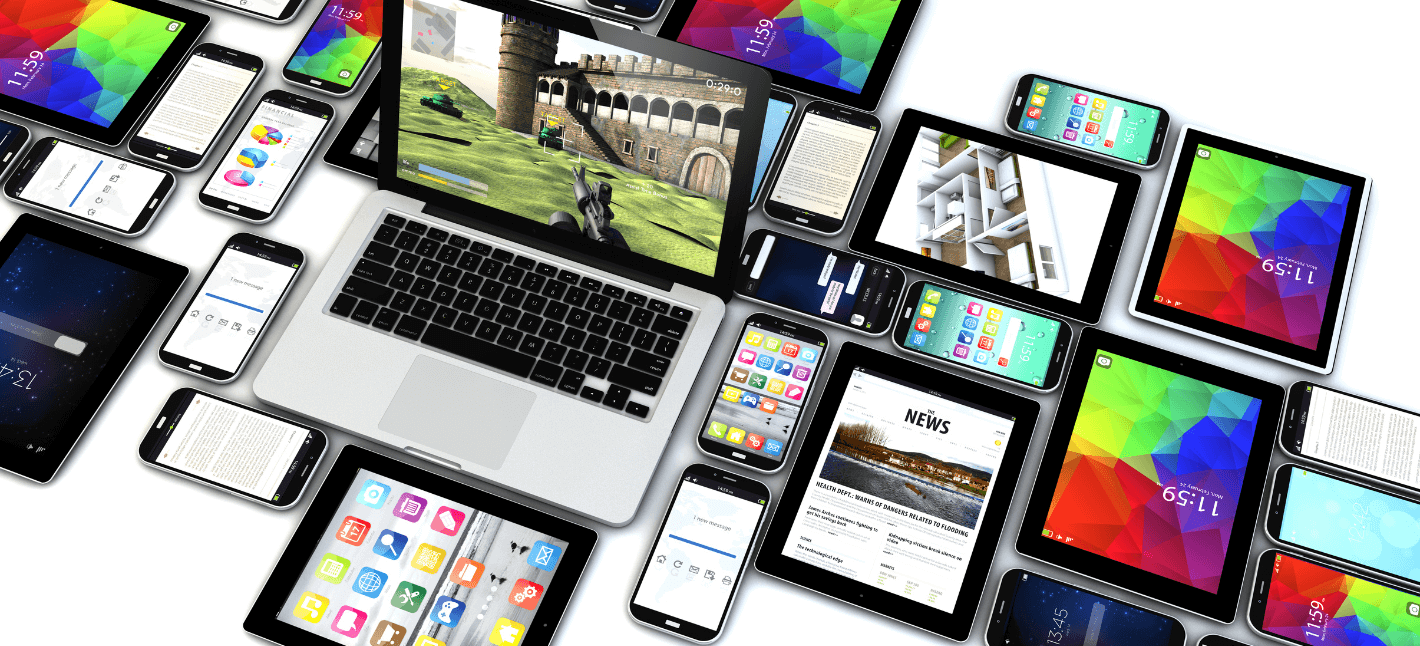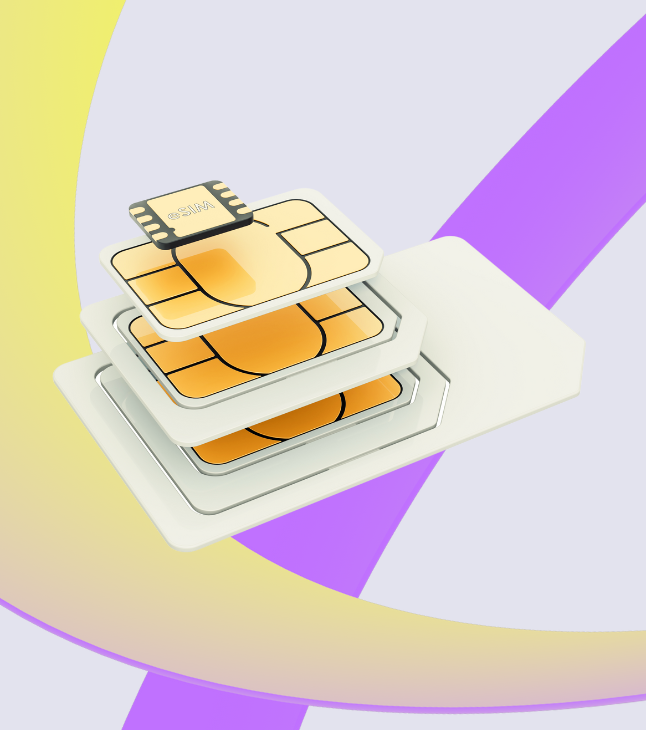IoT is quite efficient and convenient for the end consumers once implemented. However, producing, deploying, and then managing a widely used IoT product is a challenge of its own for IoT solution providers. IoT device management solutions are the key to helping companies manage a fleet of IoT devices worldwide in a hassle-free and extensive manner.
Here’s the breakdown of IoT device management solution fundamentals and how IoT device management platforms can be leveraged to improve your consumer electronics for users.
The fundamentals of IoT device management
An IoT device management solution can help companies gain better control over their mobile IoT devices. It can be a tool that would allow IoT device administrators to orchestrate their products in an easy manner from a single platform. It helps eliminate traditional manual maintenance and control of each device.
IoT devices can need management, restrictions, and control in a certain manner from IoT solution providers, as such control would allow security, configuration, and feature upgrades for those devices. IoT device management has certain fundamental elements to it, including:
- Device configuration: Device management in IoT has the key objective of configuring remote devices. Specifically, Device Management IoT is a concept that can help control smart mobile solutions like Android devices. As their configurations can help optimize the solutions’ performance and workings.
- Device security: IoT device management can protect a fleet of IoT mobile devices against any new and rising threats that emerge worldwide. Here a plethora of devices can be updated all at once within a few clicks, which can instantly update a wide range of IoT devices.
- Device monitoring: IoT devices can be much easier with the help of IoT device management software. Such a platform can help keep an eye on the performance and usage of all IoT devices. This can either be keeping an eye on device data consumption or irregular device behaviors.
- Device restrictions & compliances: IoT machines can be set up globally, and they must adhere to every country’s data protection, privacy, and other relevant regulations. These regulations and compliance needs can update over time, and such device management solutions can help keep up with them.
Everything you need to know about IoT SIMs
3 common problems MDM is solving by managing remotely used Android devices
We collected here the most often mentioned by our customers 3 problems with remotely distributed Android devices.
The first one is a lack of device control. In this case, the end-user has total control over the device, which influences the data consumption, when they choose to stream or download big files = which directly creates higher costs. It also threatens the security of the device and the company’s sensitive data stored on it.
The second one is the time-consuming process of setup, management, and updating of globally distributed Android devices. Managing many remote Android devices can be inefficient, leading to missed updates, lost devices, and unproductive employees. Without the ability to, e.g., update the devices remotely via MDM – each end user would have to come to one place with their devices, where manually, one-by-one; they would be updated. This procedure would have to happen this way – with every update, change, new policy, etc.
The third problem concerns the security of sensitive data on remote Android devices. The devices may be vulnerable to hacking, theft, or loss, which can result in data breaches. In any of those cases, the quick wipe of the device, changes of passwords, or other solutions must be implemented immediately – to all devices affected, no matter their current location. Let’s look at real-life examples of those problems affecting different industries.
3 Examples from companies using a Mobile Device Management Platform (MDM) for their distributed Android Devices
- One example of a company using mobile device management in its business is a Telematics provider (tracking work trucks on their daily routes). They develop apps, which they sell together with their hardware; in this case, it is often tablet devices with IoT SIM connectivity. Their customers – companies that buy those devices with custom apps, want to restrict the truck drivers from using the device to watch Netflix during their breaks. It simply uses too much data while streaming, costing the company too much. To restrict it – the MDM Software Administrator must set it up directly in the platform and deploy the rule globally. What happens is the MDM sends a policy to the device where the only access to the company’s apps is whitelisted, and all other internet traffic is blocked. With this, truck drivers from now on can use only the approved apps from the company device and cannot access any other content on the internet. This enhances device security – because you can only reach restricted content and help limit data consumption – because the device user (any trucker) cannot stream on Netflix.
- Another example of a company using Mobile Device Management in its business is a retail chain with multiple stores. In this case, the company might use MDM to ensure that all mobile devices used by employees, such as those used for inventory management and point-of-sale transactions, are secure and in compliance with company policies. The MDM platform would allow the MDM Admins to remotely monitor and update these devices and wipe them if they are lost or stolen, which would help protect sensitive customer and financial information.
- A healthcare organization is another example of a company using Mobile Device Management. In this case, the company would use MDM to secure and manage mobile devices physicians, nurses, and other staff use. The MDM platform would allow the MDM Admins to enforce security policies, such as requiring a passcode, disabling the ability to download unauthorized apps, and monitoring device activity to ensure compliance with industry regulations. Additionally, the MDM platform would enable the organization to remotely wipe a device if needed, which would help protect sensitive patient information.MDM easily solves those 3 problems easily, but how exactly?
How is our MDM helping address all the issues companies face with remotely distributed devices?
Solving problems is one of the most important missions of Freeeway (next to Connect. Manage. Monetize. of course). With MDM, any business, no matter the use case – can for sure count on fixing those 6 problems:
- Configure remote mobile devices: No need anymore to have all the company Android devices in front of you when adjusting the configuration. Using the MDM platform enables you to configure Android devices from anywhere in the world. With just one click, you can start configuring, updating, implementing policies, and whitelisting applications – on hundreds of IoT devices in the field.
- No more security concerns: Are you sometimes worried about what will happen when one of the devices is stolen? or hacked? Our MDM software provides robust security features to protect sensitive data on Android devices, such as enforcing security policies and enabling remote complete device wipe in case of a lost or stolen machine.
- Efficient device management: You can remove all the complexity of device management with just one software. Just imagine the amount of time saved and errors avoided. With MDM software automates many tasks associated with managing remote Android devices, making it easier and more efficient for companies to manage their devices. This includes device enrollment, software updates, and inventory management.
- Consistent user experience: Nobody likes when the devices are not easy to use or are constantly lagging due to outdated systems. It’s just too annoying. With the help of MDM software, you can provide a consistent user experience across all Android devices, ensuring that employees have the same access to apps and data, regardless of device. From this moment on – it’s all smooth sailing.
- Complete device control: You will be able to enforce compliance with industry regulations and company policies on Android devices, ensuring that the devices are being used in an approved and secure manner. For instance, a healthcare organization can use our MDM software to enforce HIPAA compliance on Android devices its employees use, ensuring that patient information is always protected.
- Time saved on setups, management & updates of remote devices: By implementing MDM software in your business, you can effortlessly increase productivity by ensuring employees have the tools they need to do their jobs effectively. For instance, a small business that relies on Android devices to keep its operations running smoothly can use our MDM software to reduce costs associated with managing and repairing devices while ensuring that its employees have the tools they need to be productive. There might be many more ways in which MDM can help you manage your Android devices; here, the details depend on your specific use case and business goals. This all can be presented to you by our IoT Experts, so make sure to book a free demo!
Your personal guide to IoT device management
Do you wonder how exactly you can use or benefit from IoT device management? Well, here we have already put together a set of ways a mobile device management for connected devices can help your solution:
- An IoT device management tool will help you watch their behavior and performance to identify if there is any issue or challenge.
- Android IoT devices can be controlled and limited in their use, so they can only be used for their intended IoT applications.
- You can also enforce and update any security policies or patches on a set of IoT devices simultaneously.
- Update your IoT devices instantly and remotely. Introduce new changes, perform optimizations, and roll out feature upgrades.
- Get an insight into how your products are being used in different areas as per different demographics.
If these use cases sound beneficial to you as an IoT solution provider, then it means that you may want to consider trying one out.
If you’re interested in learning more about the benefits of Mobile Device Management and how it can help your company improve security, increase productivity, and reduce IT costs, fill out the contact form below. We want to give you a more hands-on experience, so we invite you to book a free demo with one of our experts.
During the demo, you’ll get to see the platform in action and ask any questions you may have. By the end of the demo, you’ll clearly understand how Freeeway – MDM solution can support your business. Book your free demo today and take the first step towards securing your mobile devices and improving your business operations.





